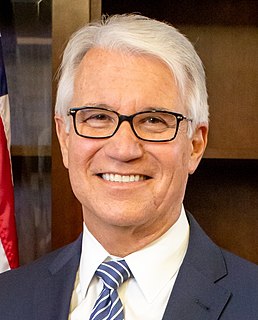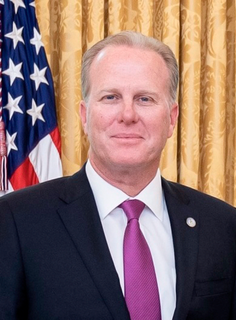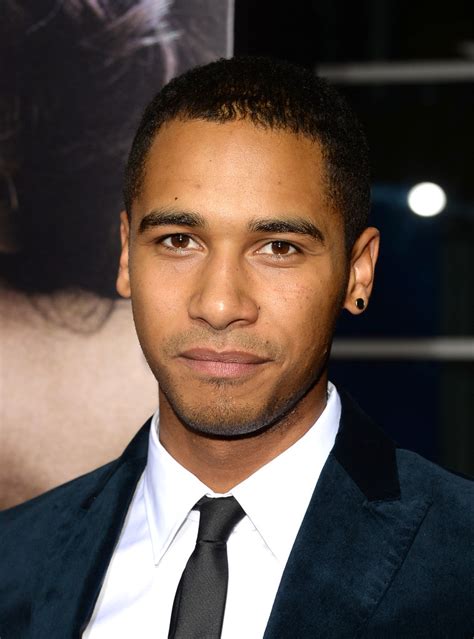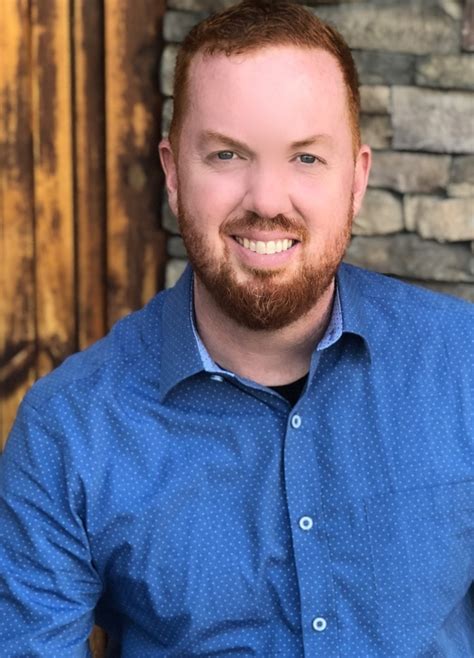A Quote by DeRay Mckesson
The police, at their best, do three things; they prevent crime, they respond to crime, and they solve crime. In all three of those buckets, they need the trust of the community to do it, so I believe that if we restore the trust that we will change the way police are experiencing communities and ways that will preserve life and make everyone safer.
Related Quotes
Tonight, I propose a 21st Century Crime Bill to deploy the latest technologies and tactics to make our communities even safer. Our balanced budget will help put up to 50,000 more police on the street in the areas hardest hit by crime, and then to equip them with new tools from crime-mapping computers to digital mug shots. We must break the deadly cycle of drugs and crime.
Here's what I learned as a mayor and a governor. The way you make communities safer and the way you make police safer is through community policing. You build the bonds between the community and the police force, build bonds of understanding, and then when people feel comfortable in their communities, that gap between the police and the communities they serve narrows. And when that gap narrows, it's safer for the communities and it's safer for the police.
Given my experience, I believe there are three compelling reasons why the death penalty should be replaced. (1) The criminal justice system makes mistakes and the possibility of executing innocent people is both inherently wrong and morally reprehensible; (2) My personal experience and crime data show the death penalty does not reduce crime; and (3) The death penalty wastes precious resources that could be best used to fight crime and solve thousands of unsolved homicides languishing in filing cabinets in understaffed police departments across the state.
'By Any Means' follows a team of behind-the-scenes crime-prevention team - not police. They basically go to the areas of crime where the police can't touch and organised crime fighting units can't go to - in the public eye - to bring about real justice, treading the line between 'true' justice and what the law says is justice.
Gun laws are an attempt to nationalize the right of self-defense. Politicians perennially react to the police's abject failure to prevent crime by trying to disarm law-abiding citizens. The worse government fails to control crime, the more the politicians want to restrict individuals' rights to defend themselves. But police protection in most places is typical government work - slow, inefficient, and unreliable.
The best crime stories are always about the crime and its consequences - you know, 'Crime And Punishment' is the classic. Where you have the crime, and its consequences are the story, but considering the crime and the consequences makes you think about the society in which the crime takes place, if you see what I mean.
You build the bonds through the community and police force, build bonds of understanding, and then when people feel comfortable in their communities, that gap between the police and the communities they serve narrows. And when that gap narrows, it's safer for the communities and it's safer for the police.
The goal is not to just have rapists expelled from schools. I don't want rapists transferring schools. I don't want them out there, being able to commit these crimes. I want them to go to prison. But if you understand this crime and you understand what happens in the reporting of this crime and the support that a victim does or does not get, you realize that our legislation increases the likelihood that a young woman will go to the police in a timely manner and that the police will investigate and that they will be able to administer real justice in the criminal system.




































